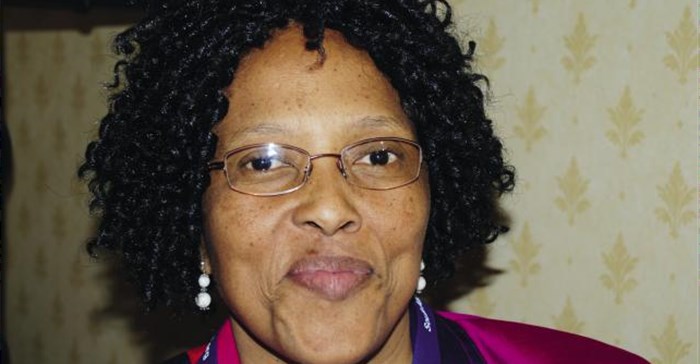





Department director-general, Precious Matsoso, met leaders of the medical aid plan sector and asked that they work together to reform healthcare in South Africa.
"This is big news," said Graham Anderson, principal officer of Profmed.

The medical aid sector was delighted to be asked to work with the department, because it had been in the dark about NHI for some time, he said.
In the meeting Matsoso made different suggestions on how the government may have to work with the private sector, such as subsidising medical aid options for people who couldn't afford them.
Finer details of a partnership, however, were not discussed.
Matsoso confirmed the meeting.
She said: "The Department of Health is consulting all stakeholders, private, civil society and labour, to get further inputs [on NHI].
"All meetings have been positive. We look forward to further engagements."
This latest policy is a considerable climbdown from the government's previous stance, which envisaged the end of medical aid schemes in South Africa.
The NHI white paper released in 2015 said it was government policy that medical aid schemes would not exist in their "current form" when NHI was rolled out because they would all be collapsed into a single state-run medical aid plan.
The government suggested most funds would close as they would only offer complementary cover for conditions not treated in state hospitals.
Complementary cover usually refers to medical treatments that are cosmetic, such as breast enlargements.
The NHI policy documents wanted all 80 or so medical aid schemes merged into one staterun fund.
About eight million South Africans - or 17% of the population - have medical aid cover and use private hospitals and doctors.
Health Minister Aaron Motsoaledi has frequently been critical of private healthcare, calling its costs "excessive".
Other health leaders in the government have also been extremely critical of the existence of the private medical sector.
Earlier this year Kgosi Letlape, head of the Health Professions Council of SA, said medical aids were a "crime against humanity".
Former head of the medical aid regulator the late Humphrey Zokufa said last year he didn't want medical aid plans to exist in their current form and as regulator he would ensure they were merged into a single fund.

For more than two decades, I-Net Bridge has been one of South Africa’s preferred electronic providers of innovative solutions, data of the highest calibre, reliable platforms and excellent supporting systems. Our products include workstations, web applications and data feeds packaged with in-depth news and powerful analytical tools empowering clients to make meaningful decisions.
We pride ourselves on our wide variety of in-house skills, encompassing multiple platforms and applications. These skills enable us to not only function as a first class facility, but also design, implement and support all our client needs at a level that confirms I-Net Bridge a leader in its field.
Go to: http://www.inet.co.za